Naomi Osaka Wins US Open, Honours Her Ancestral Heritage With Kente Headgear
Naomi Osaka is the number one ranked female tennis player by the Women’s Tennis Association, a three-time Grand Slam champion and she recently won the title at the U.S. Open. She didn’t shy away from using her platform to show support and solidarity in the Black community throughout this year’s US Open tournament. Osaka is of Haitian and Japanese heritage and recognizes the power of using her voice on such a big platform. “I feel like I’m a vessel at this point in order to spread awareness,” she said.
The 22-year old made strong statements by wearing seven different face masks in seven matches that bore the names of Black people who have been killed by police and whose names have been part of the ongoing protests about racial injustice in America.
Osaka said that she used her platform to protest because she wanted to get more people talking about it. She admitted that she lives in a bubble and may not see what’s truly happening on the ground, but she knows through social media and the news what has been happening to Black people. Each of the masks she wore had the names of Breonna Taylor, George Floyd, Philando Castile, Elijah McClain, Trayvon Martin, Ahmaud Arbery and Tamir Rice. “I feel like the point is to make people start talking,” she said to the press. She was asked by the media what the message was she wanted to send, and she responded with “Well, what was the message that you got is more the question.”
As the daughter of a Haitian father and Japanese mother, she recognizes her culture and heritage and often makes reference to her Haitian roots. In a tweet during the US Open she said, “I would like to thank my ancestors because every time I remember their blood runs through my veins I am reminded that I cannot lose.” The people of Haiti have direct ties to Africa with lineage to a few nations including Senegal, Ghana, Nigeria, Togo, Benin and the Congo. Haitian culture still has some similarities to West African culture, including the bold printed fabrics sometimes worn.
Osaka made a style statement after her match wearing a vibrant dress with traditional Ghanaian Kente as her headwrap after her U.S. Open win. “You already know I had to bring out the headwrap for this one,” she wrote on her Instagram post. This was a tribute to her Haitian heritage, which is deeply rooted in Africa.
By Ivy Prosper
Emancipation Day Virtual Panel Discussion on Leveraging Our Resilience; Black Lives Matter
Every year, since 1998, Ghana celebrates Emancipation Day with a series of activities that honour leaders of the Pan African movement and celebrate the day when slavery was abolished in most British Colonies on August 1, 1834. This year, due to the Covid-19 pandemic, and restrictions on crowds and the number of attendees at events, adjustments were made to accommodate and still have significant conversations to learn and grow from our past.
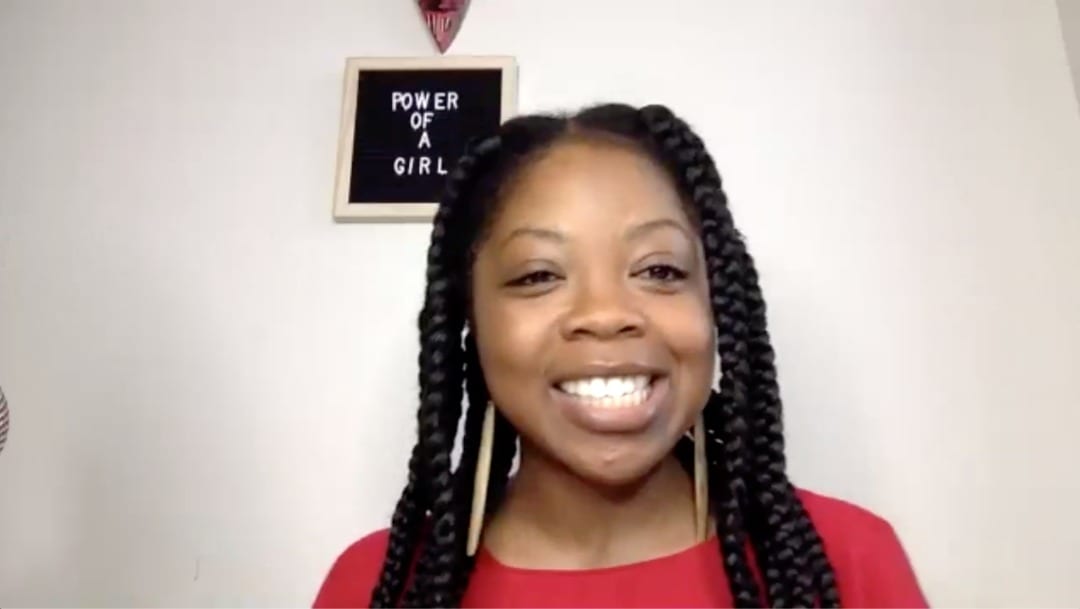
This year, a Virtual Panel Discussion was held on 28th July via the Zoom Webinar platform. Moderated by Aisha Addo, founder of the Power to Girls Foundation, the panel’s theme was Leveraging Our Resilience; Black Lives Matter. The panelists included African American Actor and Activist, Lou Gosset Jr., Pan Africanist, Professor Kojo Yankah, Leader of Diaspora Coalition of Ghana, Rabbi Kohain Halevi, and Author, Lala London.
The conversation’ theme was in response to the ongoing racial protests sparked by the death of George Floyd, who was killed by a Minnesota Police Officer in May. Since then, the Black Lives Matter movement has become a global phenomenon working to topple racist institutions in the U.S., Canada, the U.K., and Europe. Black people are standing up and speaking out against the institutionalized racism that exists in law enforcement and other systems.
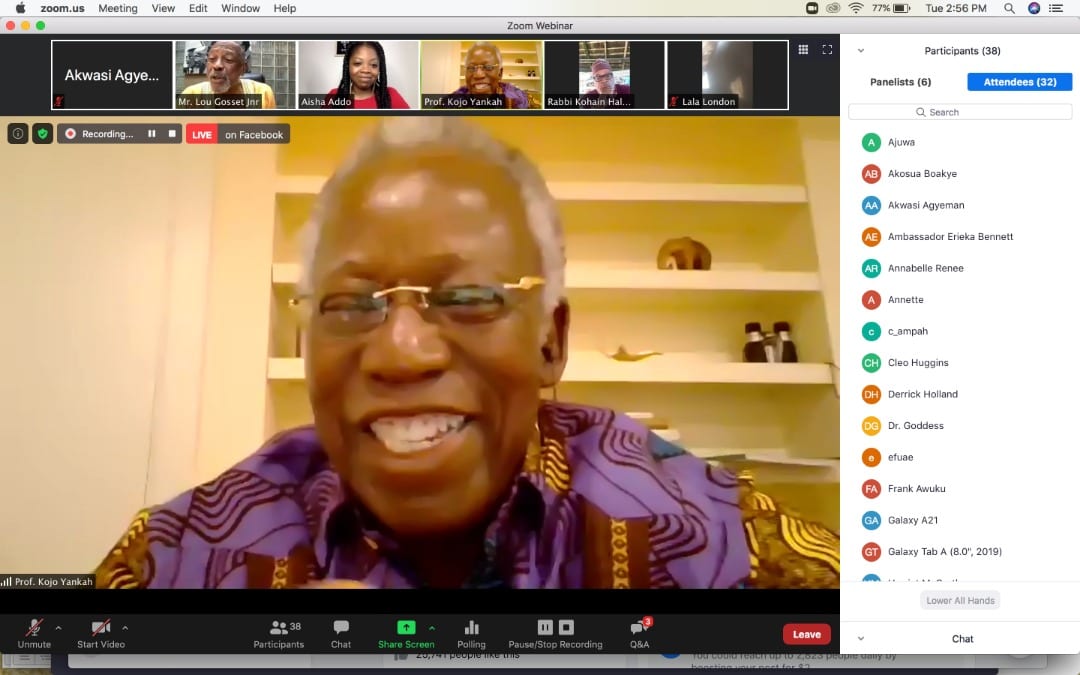
The notion of Africa as home, is becoming a renewed conversation and the pan African movement has been re-awakened. Professor Kojo Yankah, was the former Chairman of the PANAFEST Foundation for over a decade and has been a part of the pan African movement for most of his career. He said that black lives have mattered from early history when the royal African civilization was destroyed by the Greeks. He said that everything about the black person, the African, was destroyed and it continued through the period of slavery. “The culture of the African was further destroyed, not only by getting the Europeans to put their needs on the head of Africans, but they destroyed the humanity of the African….they were successful in getting the African to feel inferior,” he said.
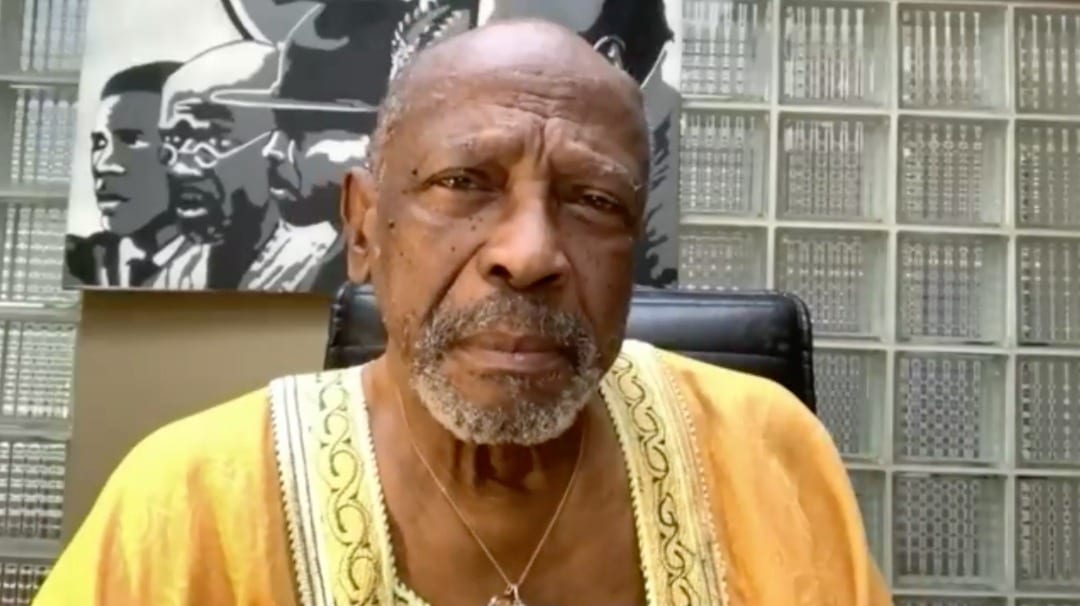
Lou Gosset Jr. is an award-winning African American Actor and Activist. He is he great-grandson of a slave and took a DNA test that revealed he is of Liberian and Sierra Leonean descent. His role in the 1977 miniseries ‘Roots’ catapulted him to stardom. On the panel discussion he shared his sentiments on the first time he traveled to the continent of Africa. “What I heard about Africa, is nothing in comparison to what I saw,” he said. “I could not wait to go back home and be proud to talk about what I found out.” The way Africa is often portrayed, many first-time visitors are surprised by what they see. He suggested therefore it is important for people in the diaspora to make their own journey and see Africa for themselves to break and dispel the myths.
As someone working in the creative industry of film, he also spoke about the roles he has played and how it is part of the narrative. Yankah added that our history did not start with slavery and it is important for our filmmakers and writers to get to work creating our stories, so we are not so narrow-minded.
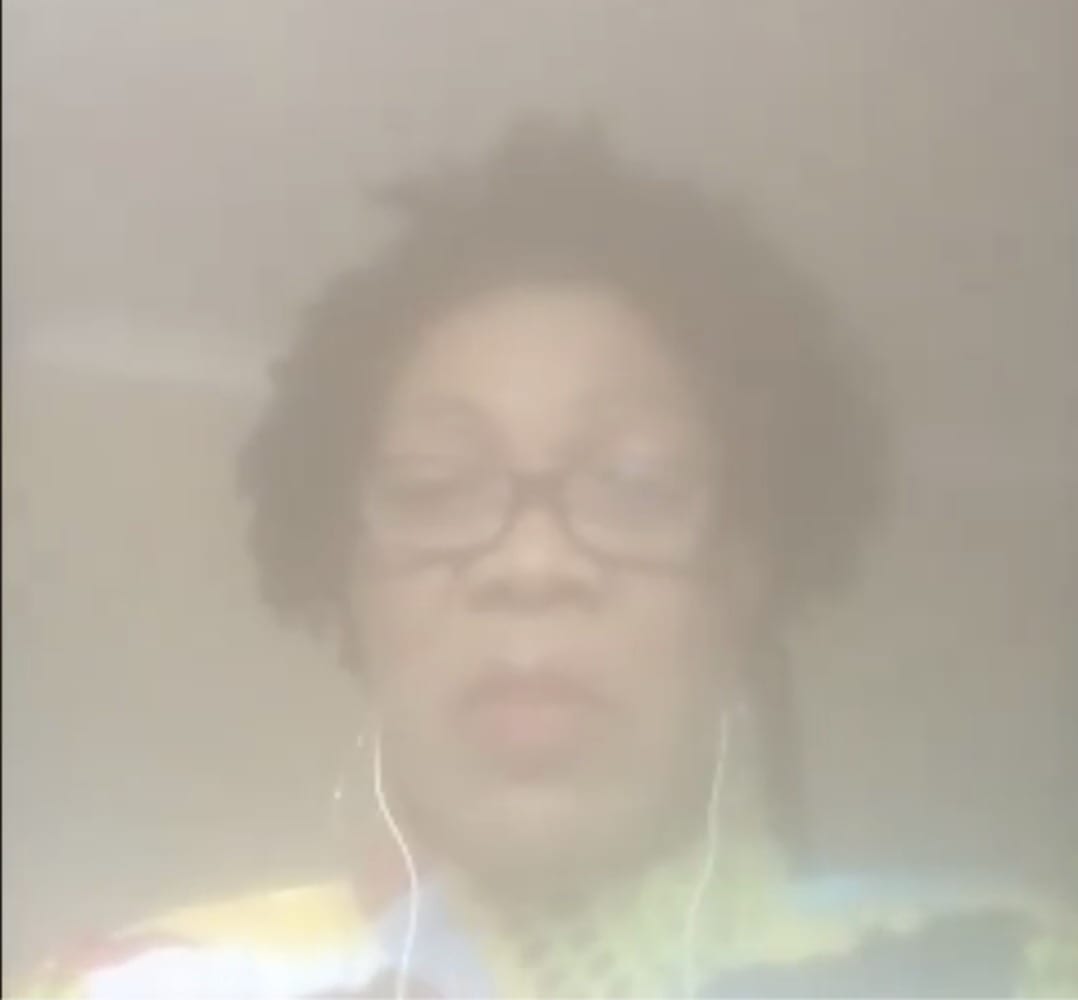
Author, Lala London, came to Ghana on a visit from St. Vincent and the Grenadines before the pandemic. Like many travelers, she is in the country until borders open. During the discussion, she said, “My own grandfather was the son of a slave….so these issues are really dear to me.” She spoke of how the Black Lives Matter movement affects her directly, having a son who is an African American. “We see what happens every day in a country that is supposed to be the bastion of democracy…where black lives somehow just don’t matter,” she added.
Moderator Aisha Addo asked the panel what actionable steps can we use to drive the concept of unity and moving forward across the diaspora and in Africa? Rabbi Kohain Halevi answered her saying, “I think we need to set a new paradigm for what a model society should be today….we have to surpass the model in current existence…include respect for human rights.” He continued by explaining that slavery was a mental construct that set a mental state in our people and we need to work towards dismantling that before we can think of reconstructing it.
Mr. Gosset said that we need to work on our communication. Being an elder, he said he sees the importance in that now. Unity is perhaps the most important part of progress in the black community both in Africa and the diaspora. Sometimes we see a division between the African Americans and the continental Africans, and we need to bridge the gap. He added that, “We cannot make it unless we add our Africans to the fight.”
Ms. Addo asked for one power statement from the panelists before wrapping up the Virtual Discussion and Professor Yankah give a meaningful response. “Since we are also commemorating Emancipation, I would like to hammer the point made that we need to get all our creative people to now focus on what we have lost,” Professor Yankah said, “…we need themes that unite and revive the consciousness of our people…in terms of being proud of who we are and raising the consciousness of blackness.”
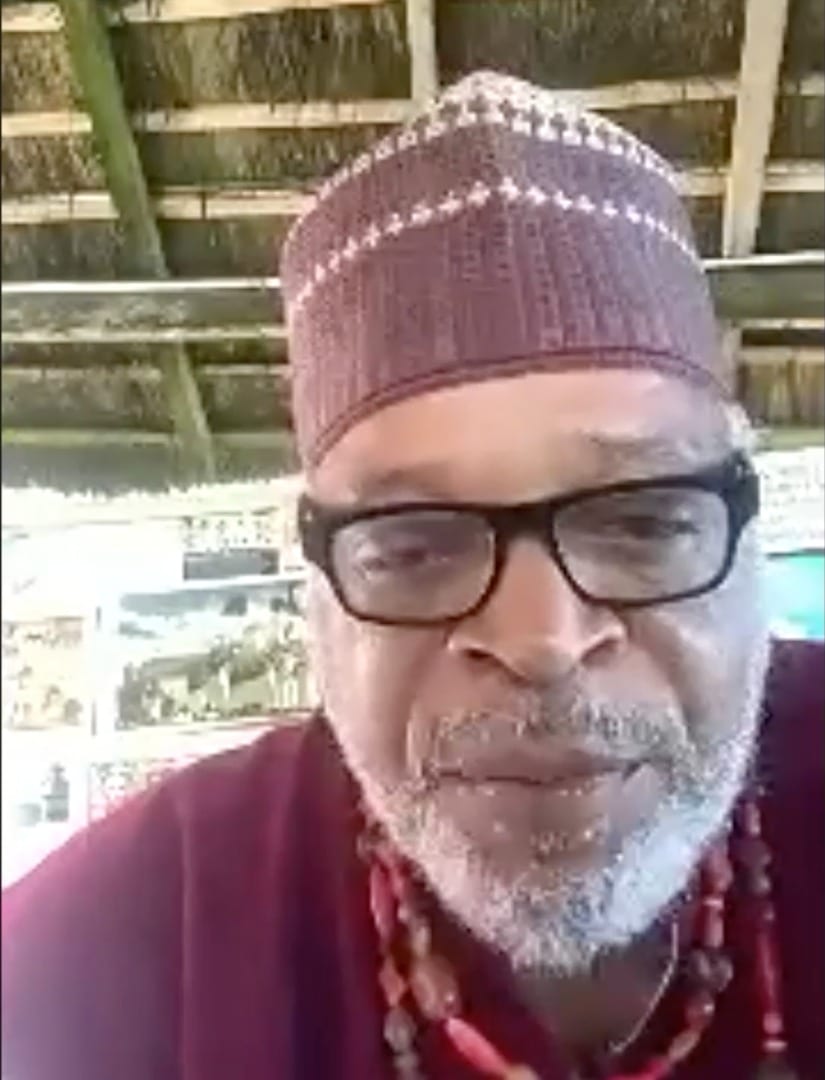
Rabbi Kohian said that during the season of Emancipation we should remember to emancipate ourselves from mental slavery. “If we are not for ourselves, who will be for us?”
By: Ivy Prosper


 Call Center
Call Center
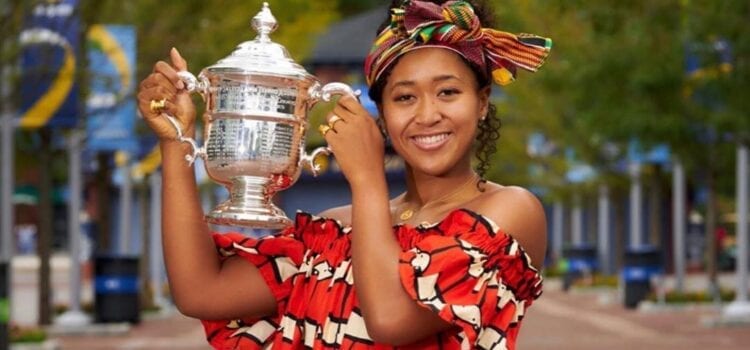
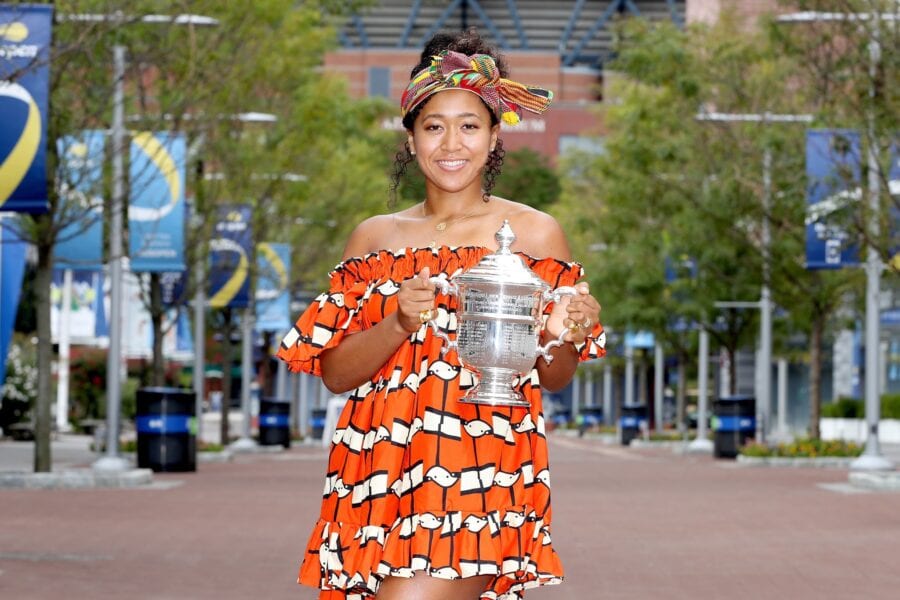
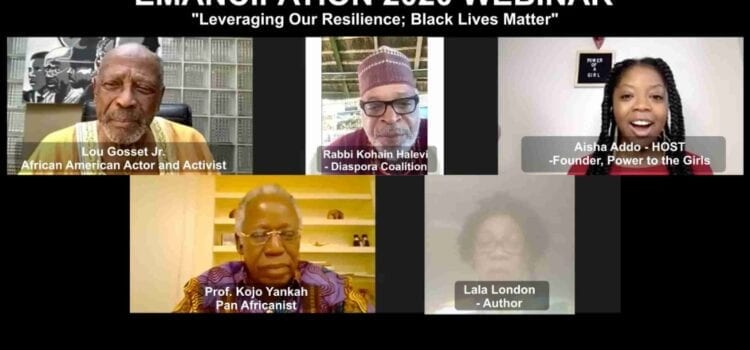
 Call Center: 0307007100
Call Center: 0307007100